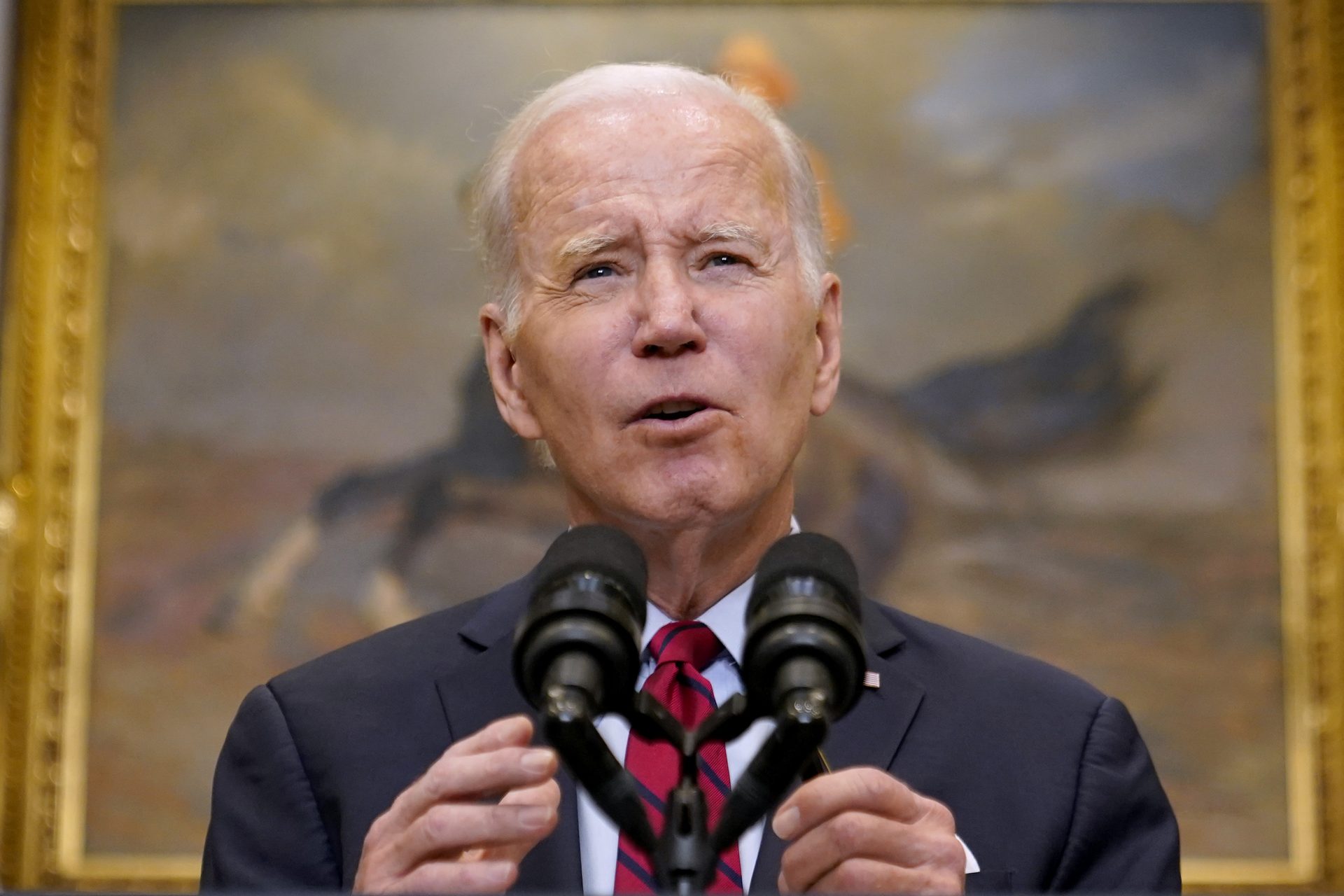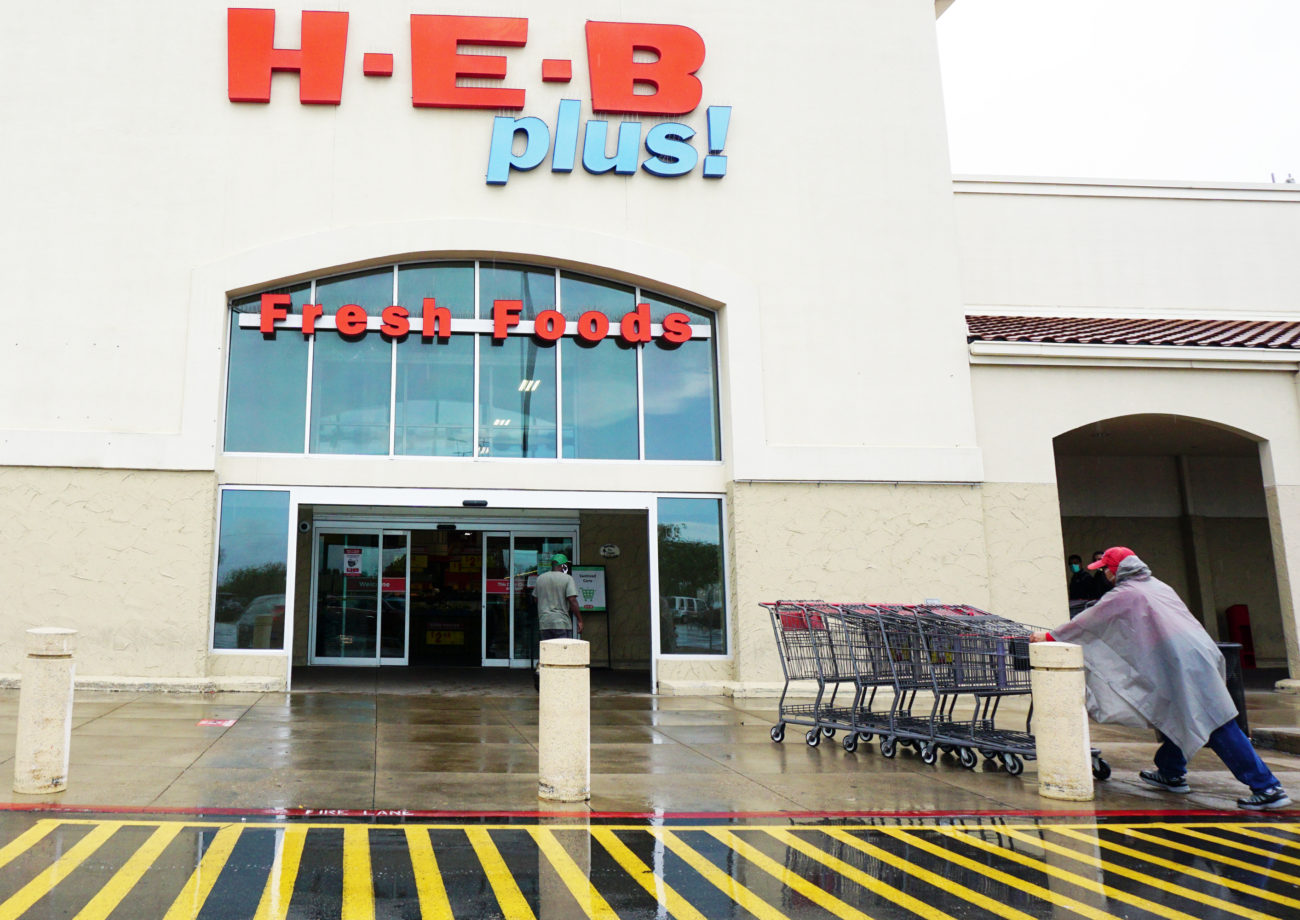McALLEN, TEXAS (ValleyCentral) — A former UPS driver was sentenced to more than six years in prison Wednesday after being caught “red-handed” with 22 pounds of cocaine.
Smugglers paid Orlando Candelario Almanza, 49, of Edinburg to ship packages of cocaine to drug dealers across the United States.
Almanza, who spent more than 20 years working for UPS, had access to company planes and “used his knowledge to help circumvent security protocols,” according to information released by the U.S. Attorney’s Office for the Southern District of Texas. Smugglers paid him about $300 to $500 per package.
“I’m very sorry,” Almanza said Wednesday, when a judge sentenced him to six years and three months in federal prison.
 Orlando Candelario Almanza in 2010, when he was booked at the Hidalgo County jail. (Photo courtesy of the Hidalgo County Sheriff's Office.)
Orlando Candelario Almanza in 2010, when he was booked at the Hidalgo County jail. (Photo courtesy of the Hidalgo County Sheriff's Office.)Almanza participated in a scheme to ship cocaine to drug dealers in Montana, Tennessee and Mississippi.
UPS tracks packages as they move through the company’s network of delivery trucks, planes and distribution centers.
The tracking system allows customers — and law enforcement — to see who mailed a package and where the package entered the UPS system.
Smugglers who shipped cocaine through the UPS system, however, didn’t want anyone tracking them.
In an attempt to remain anonymous, the smugglers hand-delivered packages to Almanza. He placed the packages, which had fake return addresses, in the UPS distribution system.
The Hidalgo County High Intensity Drug Trafficking Area task force started investigating the scheme in September 2021.
“This investigation was conducted jointly with the Drug Enforcement Administration (DEA) and the Federal Bureau of Investigation (FBI),” according to an affidavit filed in a civil forfeiture case.
Along with Almanza, prosecutors brought charges against:
- Enrique Bernardo Gamez, 47, of Hidalgo, who stashed more than 125 pounds of cocaine in his attic. Gamez pleaded guilty and is awaiting sentencing.
- Gabino Bravo Jr., 47, of McAllen, who is linked to the Latin Kings, a street gang that started in Chicago. Bravo pleaded guilty and was sentenced to six years and eight months in prison.
- Jose Felipe Lozano Salazar, 59, of Edinburg, a private investigator who provided the smugglers with fake UPS shipping labels. Lozano pleaded guilty and is awaiting sentencing.
- Juan Antonio Cruz-Ruvalcaba, 37, of San Juan, who served as a middleman between local smugglers and drug trafficking organizations in Mexico, according to an affidavit filed in a civil forfeiture case. Cruz-Ruvalcaba pleaded guilty and was sentenced to six years and eight months in prison.
- Fidencio Salinas Jr., 53, of Pharr, another UPS driver who participated in the scheme. Salinas pleaded guilty and was sentenced to two years and three months in prison.
Almanza appeared in court Wednesday afternoon for sentencing.
Assistant U.S. Attorney Laura Garcia, who prosecuted the case, said Almanza was greedy.
UPS offers great pay and benefits, along with a pension plan.
“It’s not as though the Almanza family was suffering for money or anything like that,” Laura Garcia said. “This was just extra money and extra greed.”
Almanza was recruited by other people, said his attorney, Carlos A. Garcia of Mission.
“His role was a small one,” Carlos Garcia said. “Yet an important one in the overall conspiracy.”
Almanza, who appeared to be fighting back tears, told U.S. District Judge Micaela Alvarez that he was sorry.
“Sometimes I can sort of see why somebody ends up in these bad situations,” Alvarez said. “I have a lot of defendants before me who come from, really, just horrible backgrounds. Whether it’s the family themselves. Sometimes it’s the neighborhood in which they grew up. Sometimes it’s the mental health struggles that they’ve had. Sometimes it’s the lack of employment. Sometimes it’s medical needs in the family.”
In other cases, Alvarez said, it’s not clear why people decide to break the law.
Almanza and his wife both worked, and they didn’t appear to be desperate for cash. Alvarez said the government’s explanation — greed — seemed accurate.
“It’s an opportunity to make some extra money that you think you can get away with,” Alvarez said. “And you did for some time.”
 (2).png)
 1 month ago
75
1 month ago
75








 English (US)
English (US)